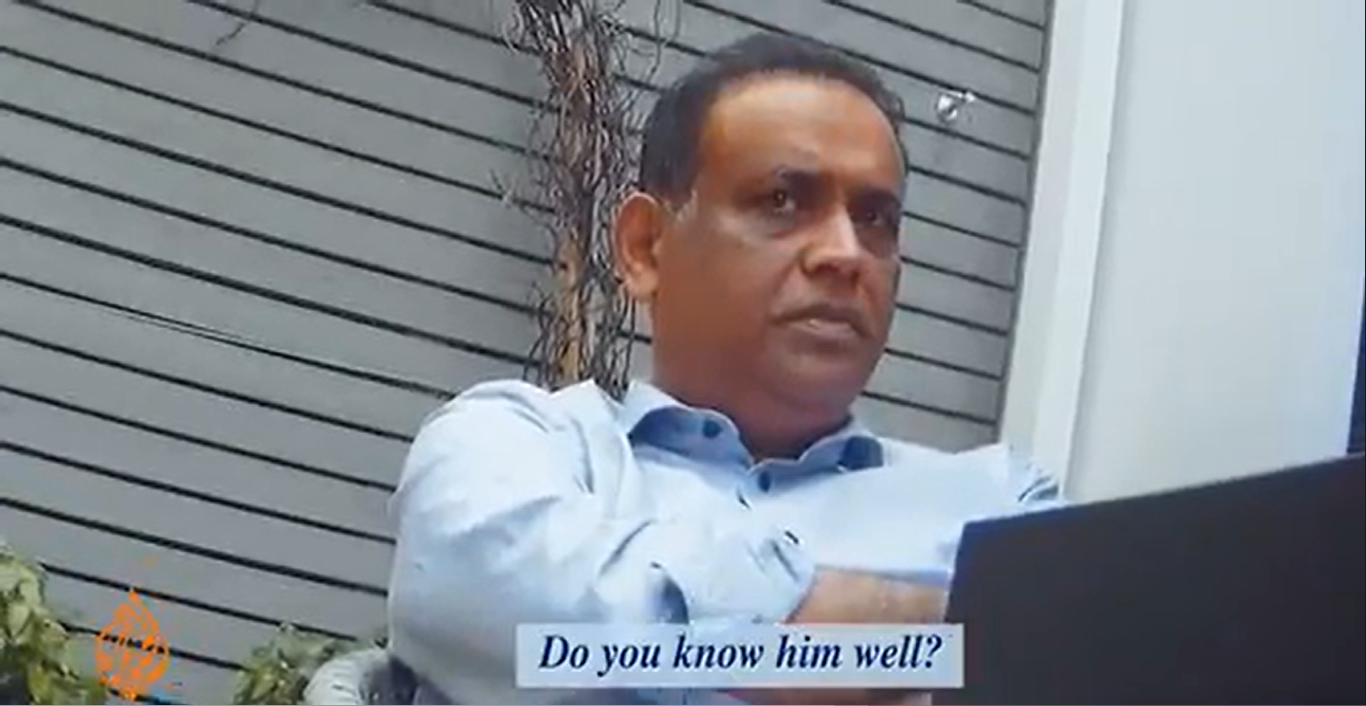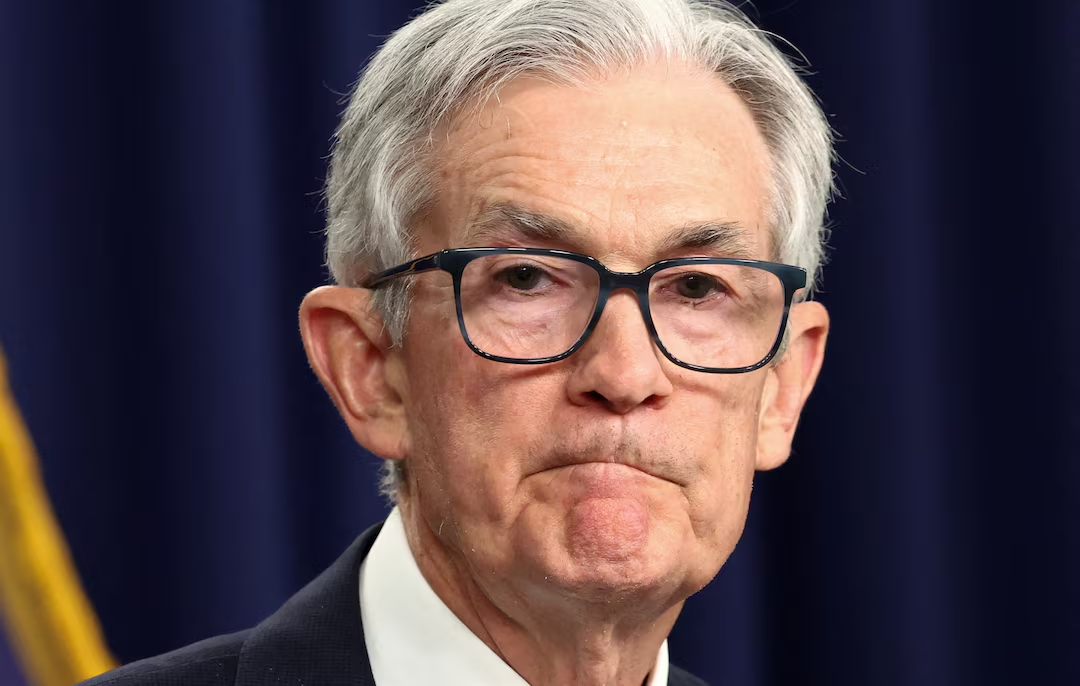The United Kingdom’s National Crime Agency (NCA) has frozen millions of pounds in assets belonging to a close associate of Bangladeshi Prime Minister Sheikh Hasina, as part of an expansive investigation into alleged corruption and illicit financial flows linked to senior figures in her administration.
According to the NCA, the unidentified ally — described as a former top-level government insider — is suspected of laundering vast sums through the UK financial system. While the agency has not publicly named the individual, sources familiar with the case say he held influence in multiple sectors, including energy, infrastructure, and procurement, during Hasina’s tenure.
The operation, which began months ago under the UK’s Unexplained Wealth Orders (UWO) framework, marks one of the most high-profile international actions targeting Bangladeshi elites. It follows mounting allegations that senior political figures in Bangladesh have funneled public funds into foreign bank accounts and luxury properties abroad.
In a statement released Wednesday, the NCA confirmed that “a substantial portfolio of assets has been frozen, including real estate and financial holdings valued in the tens of millions.” Investigators reportedly obtained court approval to seize the properties pending further legal proceedings.
“This is part of an ongoing investigation into the movement of illicit wealth from politically exposed individuals with ties to South Asia,” said an NCA spokesperson. “Our goal is to prevent the UK from being used as a safe haven for corruption.”
The announcement comes amid growing scrutiny of Sheikh Hasina’s administration, which critics accuse of fostering a culture of impunity and concentrating power within a tightly controlled inner circle. The ally in question is believed to have previously wielded considerable influence in awarding government contracts and negotiating foreign deals.
Bangladesh’s opposition parties have responded swiftly to the development, calling it evidence of entrenched corruption at the highest levels of government. “This is a wake-up call,” said a spokesperson for the Bangladesh Nationalist Party (BNP). “The world is watching how public money has been looted by those in power.”
In Dhaka, government officials offered little comment, saying only that they were aware of the reports and that any legal matters involving foreign jurisdictions would be handled accordingly. However, critics argue that Hasina’s silence on the matter reflects broader attempts to shield powerful allies from accountability.
This is not the first time foreign governments have targeted Bangladeshi political figures for suspected financial crimes. In recent years, both the United States and Canada have launched investigations into money laundering and visa fraud involving individuals linked to Dhaka’s ruling elite.
Analysts say the NCA’s move could have wide-ranging political and diplomatic consequences, potentially affecting Bangladesh’s image abroad and raising questions about the UK’s future engagement with the South Asian nation. “This is a major embarrassment for the Hasina government,” said South Asia political analyst Nabila Rahman. “It underscores that even longstanding allies are no longer safe from international accountability.”
The scandal has also sparked public outcry in Bangladesh, where high inflation, unemployment, and infrastructure problems have already caused discontent. Social media platforms have seen a surge of commentary accusing the government of neglecting domestic needs while insiders accumulate unchecked wealth abroad.
Rights organizations have long accused the Hasina administration of suppressing dissent and muzzling investigative journalism, making it difficult to expose corruption internally. With foreign agencies now stepping in, pressure is mounting for transparency and reform.
The NCA indicated that its investigation is ongoing and further actions may follow, including possible criminal charges. The frozen assets will remain under UK jurisdiction while the case is adjudicated, a process that could take several months or more.
This latest development adds to the mounting challenges facing Sheikh Hasina’s government, which has been under increasing pressure both at home and abroad. It remains to be seen how the administration will respond to this international rebuke as the corruption probe unfolds.
Source; Al Jazeera



